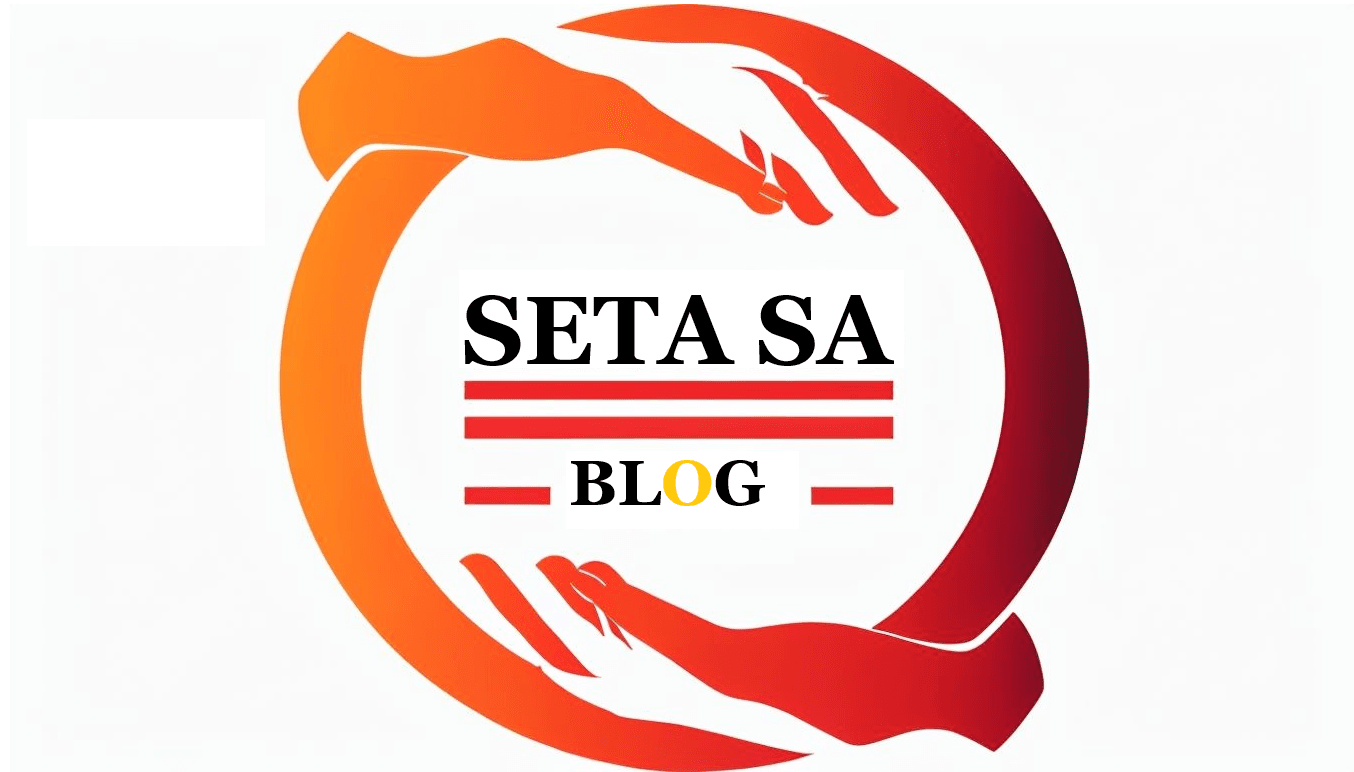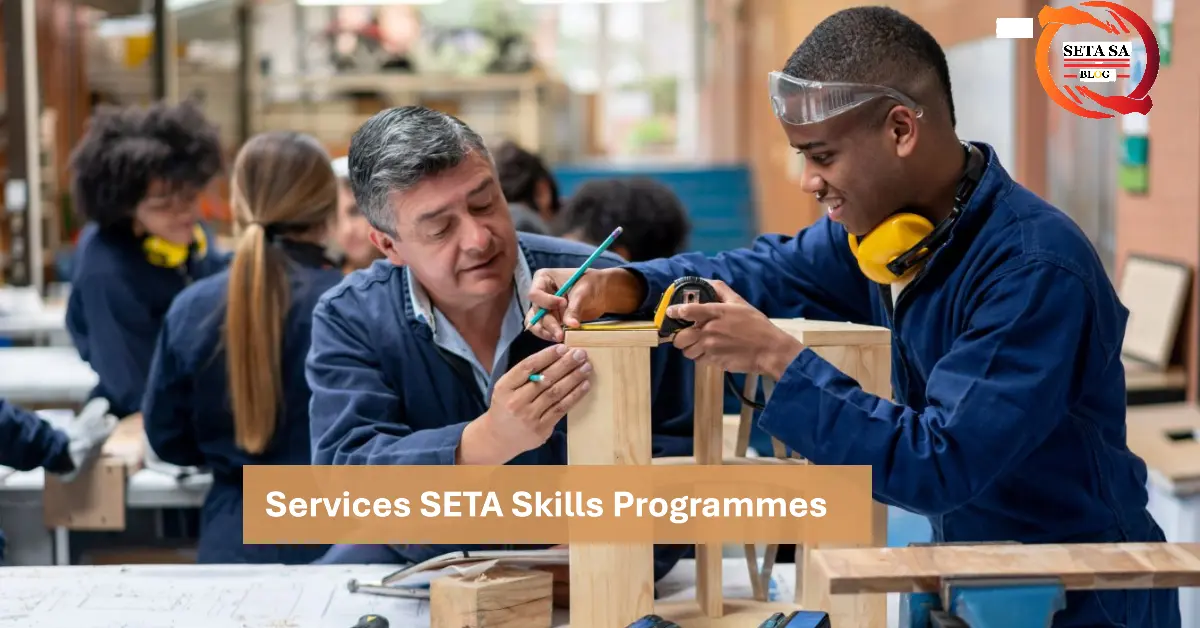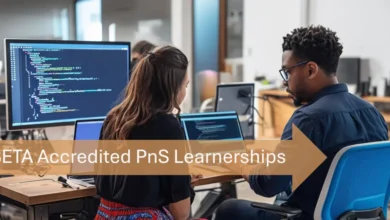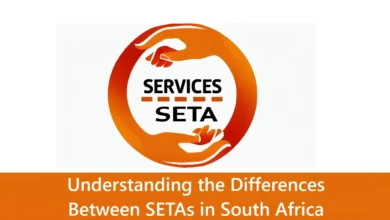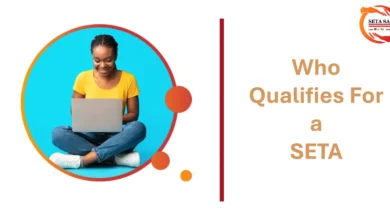How Services SETA Skills Programmes Transform Dead-End Jobs Into Career Gold
Feeling stuck and unsure of your next move? Whether you’re unemployed, just out of school, or stuck in a job that’s going nowhere, Services SETA Skills Programmes might just be your golden ticket. These short courses are designed to get you skilled, confident, and ready to work in real-world industries. No complicated degrees. No years wasted. Just targeted, job-ready skills that open doors!
What Exactly Is Services SETA?
SETA stands for the Sector Education and Training Authority. The Services SETA is responsible for training and skills development in the services sector. Think: cleaning, hairdressing, funeral services, real estate, hospitality, and even call centres. Basically, all the industries that keep South Africa running every single day.
What Are Skills Programmes?
Skills programmes are short, focused training courses that cover a specific job skill or part of a qualification. Unlike full-time learnerships that take 12 months or more, these courses are quicker—usually under 6 months—and super practical.
For example, if you want to become a receptionist, a skills programme might teach you telephone etiquette, MS Office, and customer service. That’s it—no fluff, just the good stuff.
Who Can Apply?
- Youth (between 18–35 years old)
- Unemployed South Africans
- Workers wanting to upskill or change careers
- Grade 10–12 graduates
Basically, if you’re breathing and want to learn, there’s probably a skills programme for you!
Why Should You Bother With These Programmes?
Well, here’s the real talk—having a matric certificate alone isn’t enough anymore. Employers are looking for **practical skills**. And that’s where Services SETA shines. These programmes don’t just teach you theory; they train you to *do the job*.
Top Benefits of Services SETA Skills Programmes
- 📌 Free to apply (most are funded by government)
- 📌 Short and flexible—perfect for busy lives
- 📌 Often come with a monthly stipend
- 📌 You get a recognised certificate
- 📌 Boost your chances of getting hired or promoted
Types of Skills Programmes Available
Services SETA offers a wide variety of options. Here are just a few popular ones:
1. Office Administration
Perfect for anyone aiming for clerical or receptionist roles. Learn time management, computer skills, and office etiquette.
2. Hairdressing
Hands-on training in hairstyling, customer care, and salon hygiene. Great for creatives!
3. Cleaning Services
Learn how to professionally clean homes, hotels, and businesses—plus the health and safety rules.
4. Funeral Services
This might sound odd, but it’s a stable industry with high demand. Learn everything from customer care to handling logistics with compassion.
5. Business Practice
If you dream of starting a business, this programme teaches you the basics: budgets, customer service, marketing, and more.
How To Apply For Services SETA Skills Programmes
It’s easier than you think. Here’s how to get started:
- Visit the official Services SETA website
- Keep an eye on their Opportunities Page for openings
- Prepare your CV, certified ID copy, and highest qualification
- Submit your documents through the application portal or designated email
Some training providers may also advertise programmes. Check platforms like Skills Portal or community boards regularly.
Will You Get a Job After Completing It?
Well, no guarantees—but you’ll definitely stand out. Many employers value SETA-certified candidates because it shows commitment and readiness. Also, some programmes include workplace experience, which is a game-changer for your CV.
Final Thoughts
Look, you don’t need to spend years in varsity or get stuck in low-paying jobs forever. Services SETA Skills Programmes are one of the fastest and most effective ways to boost your skills and change your life. Don’t wait for luck—go out there, grab the opportunity, and start building a future you’re proud of.
FAQs
1. Are Services SETA skills programmes free?
Yes, most of them are fully funded by the government or the Services SETA itself. Just be sure to follow official channels when applying.
2. How long does a typical programme last?
They usually last between 3 to 6 months, depending on the specific skills and training involved.
3. Will I get a certificate after completing a skills programme?
Absolutely! You’ll receive a certificate of competence that can improve your chances of employment.
4. Do these programmes include real work experience?
Many of them do! Some include practical training or internships to help you gain on-the-job experience.
5. Can I apply without Matric?
Yes! Some programmes only require Grade 10 or relevant work experience. Always check the specific requirements of the programme you’re interested in.
